A Conversation with Bruce Duffie
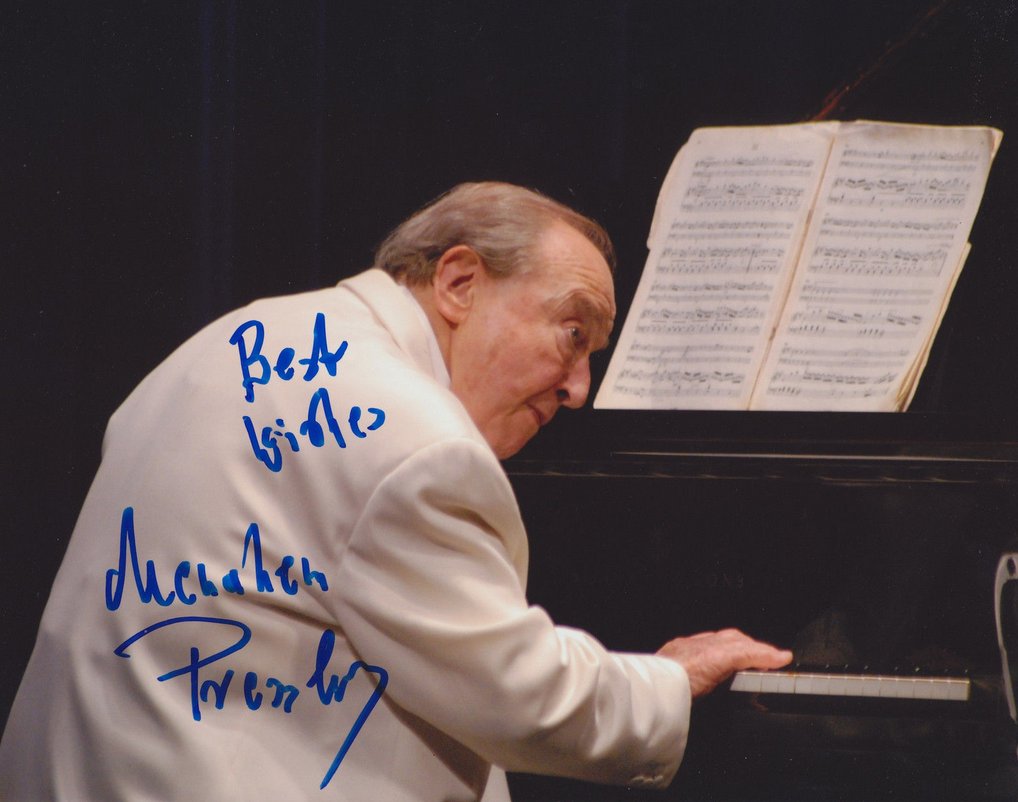

| Born in Magdeburg, Germany in 1923,
Menahem Pressler fled Nazi Germany in 1939 and emigrated to Israel. Pressler’s
world renowned career was launched after he was awarded first prize at the
Debussy International Piano Competition in San Francisco in 1946. This was
followed by his successful American debut with the Philadelphia Orchestra
under the baton of Maestro Eugene Ormandy. Since then, Pressler’s extensive
tours of North America and Europe have included performances with the orchestras
of New York, Chicago, Cleveland, Pittsburgh, Dallas, San Francisco, London,
Paris, Brussels, Oslo, Helsinki and many others. After nearly a decade of an illustrious and praised solo career, the 1955 Berkshire Music Festival saw Menahem Pressler’s debut as a chamber musician, where he appeared as pianist with the Beaux Arts Trio. This collaboration quickly established Pressler’s reputation as one of the world’s most revered chamber musicians. With Pressler at the Trio’s helm as the only pianist for nearly 55 years, The New York Times described the Beaux Arts Trio as “in a class by itself” and the Washington Post exclaimed that “since its founding more than 50 years ago, the Beaux Arts Trio has become the gold standard for trios throughout the world.” The 2007-2008 season was nothing short of bitter-sweet, as violinist Daniel Hope, cellist Antonio Meneses and Menahem Pressler took their final bows as The Beaux Arts Trio, which marked the end of one of the most celebrated and revered chamber music careers of all time. What saw the end of one artistic legacy also witnessed the beginning of another, as Pressler continues to dazzle audiences throughout the world, both as piano soloist and collaborating chamber musician, including performances with the Juilliard, Emerson, American, and Cleveland Quartets, among many others. Of his recent solo performance in Austria, Die Presse wrote: “he struck a tone that was long believed lost already, a tone we perhaps last heard from Wilhelm Kempff.” His upcoming solo concertizing engagements include performances with the Berlin Philharmonic, the Orchestra de Paris and the Concertgebow Orchestra, among others. For nearly 60 years, Menahem Pressler has taught on the piano faculty at the world-renowned Indiana University Jacobs School of Music where he currently holds the rank of Distinguished Professor of Music as the Charles Webb Chair. Equally as illustrious as his performing career, Professor Pressler has been hailed as “Master Pedagogue” and has had prize-winning students in all of the major international piano competitions, including the Queen Elizabeth, Busoni, Rubenstein, Leeds and Van Cliburn competitions among many others. His former students grace the faculties of prestigious schools of music across the world, and have become some of the most prominent and influential artist-teachers today. In addition to teaching his private students at Indiana University, he continuously presents master classes throughout the world, and continues to serve on the jury of many major international piano competitions. -- Part of the biography from
his Official Website
|
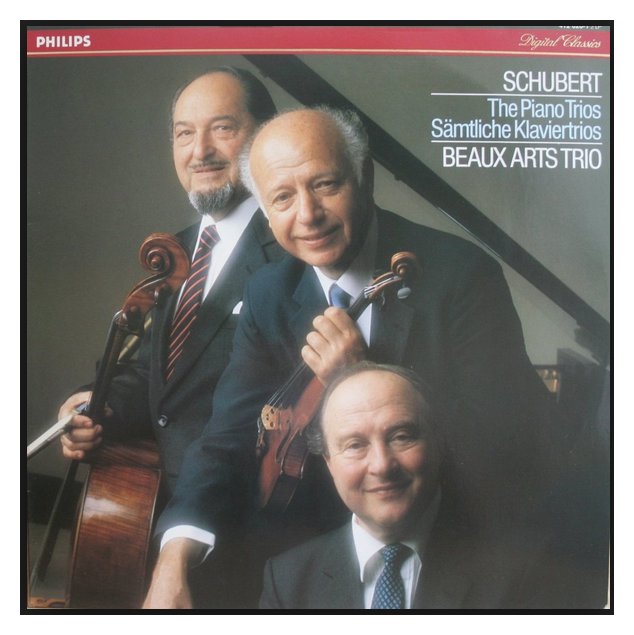 BD: What advice do you have for someone who wants
to write for the piano trio?
BD: What advice do you have for someone who wants
to write for the piano trio?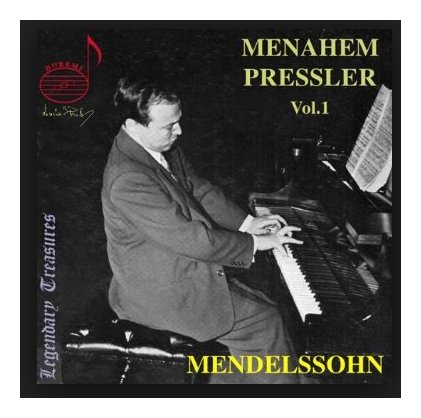 BD: So it’s all technique, then?
BD: So it’s all technique, then?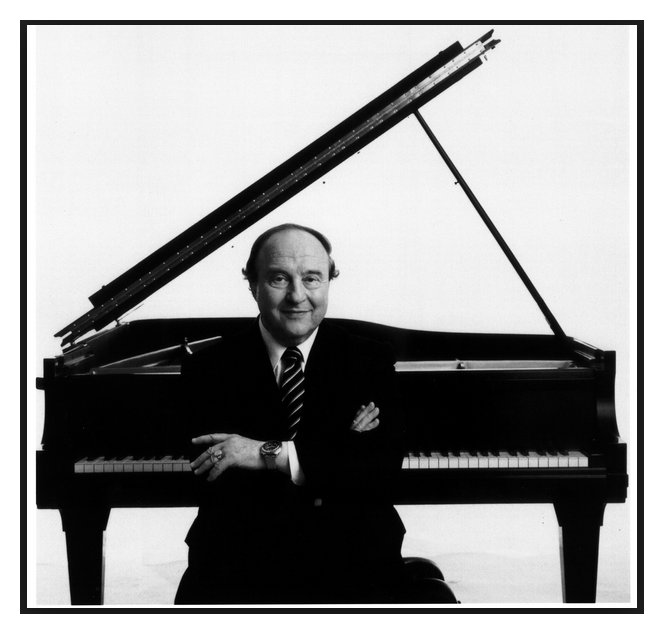 Pressler: Both, although lately I have better tales
to tell, because when the trio became better known we got better pianos.
Pressler: Both, although lately I have better tales
to tell, because when the trio became better known we got better pianos.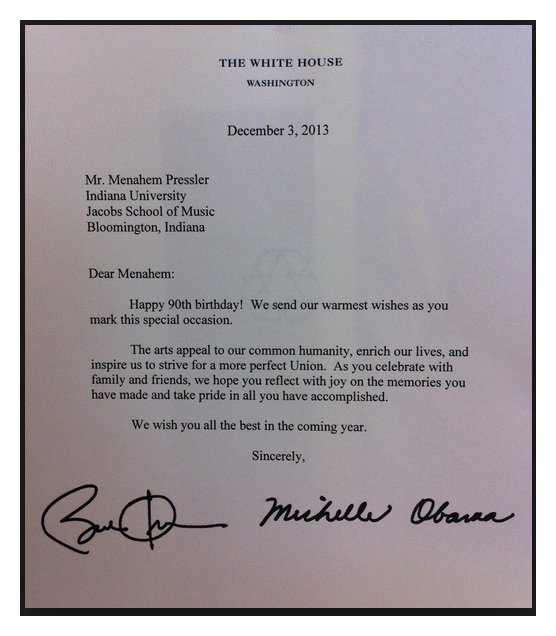 Pressler: Oh, yes. I’m
very grateful that I’m at this point. I also
feel privileged that God gave me longevity, the desire to play,
the strength to practice hard, still teach, still do all of those things.
That’s a great privilege, and I am grateful for it.
Pressler: Oh, yes. I’m
very grateful that I’m at this point. I also
feel privileged that God gave me longevity, the desire to play,
the strength to practice hard, still teach, still do all of those things.
That’s a great privilege, and I am grateful for it.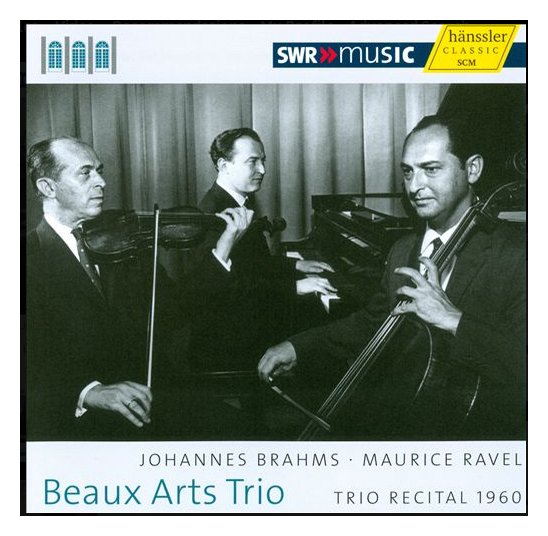 BD: I assume it was much more difficult then.
Now a trio has the model of the Beaux Arts and a few others to stand on.
You were almost the pioneering.
BD: I assume it was much more difficult then.
Now a trio has the model of the Beaux Arts and a few others to stand on.
You were almost the pioneering.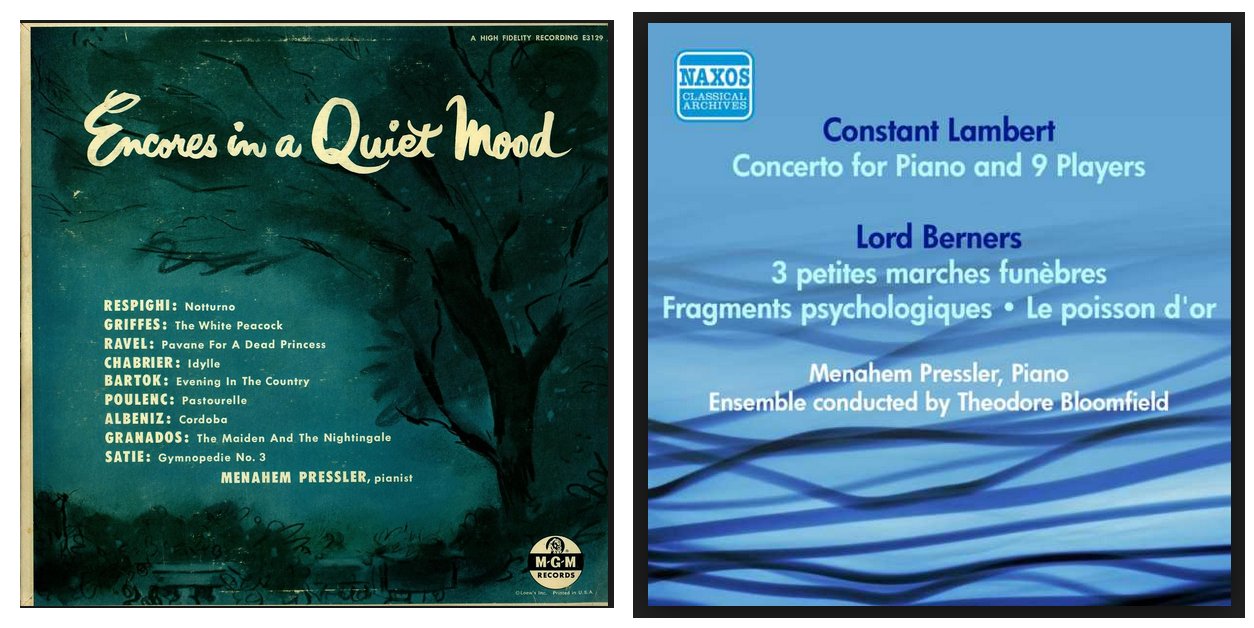
© 1996 Bruce Duffie
This conversation was recorded at the Ravinia Festival in Highland
Park, IL, on June 8, 1996. Portions were broadcast on WNIB in 2001,
on WNUR in 2012, and on Contemporary Classical Internet Radio also in 2012.
This transcription was made in 2015, and posted on this website at that time.
To see a full list (with links) of interviews which have been transcribed and posted on this website, click here. To read my thoughts on editing these interviews for print, as well as a few other interesting observations, click here.
Award - winning broadcaster Bruce Duffie was with WNIB, Classical 97 in Chicago from 1975 until its final moment as a classical station in February of 2001. His interviews have also appeared in various magazines and journals since 1980, and he now continues his broadcast series on WNUR-FM, as well as on Contemporary Classical Internet Radio.
You are invited to visit his website for more information about his work, including selected transcripts of other interviews, plus a full list of his guests. He would also like to call your attention to the photos and information about his grandfather, who was a pioneer in the automotive field more than a century ago. You may also send him E-Mail with comments, questions and suggestions.